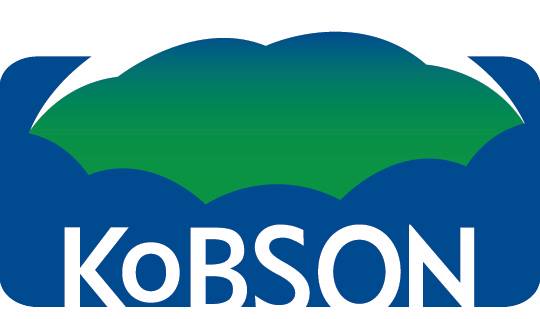DOI: 10.5937/jaes0-29032
This is an open access article distributed under the CC BY 4.0

Volume 19 article 845 pages: 706-711
When forming industrial and economic relations, there is a need for purposeful planning and development of urban agglomerations. The most urgent problem of spatial development of regions is due to the existing differences in the standard of living, conditions, as well as the scheme of the street and road network, namely, peripheral points. An important role in ensuring a high level of development of all the territories of the region is played by "group" forms of highly concentrated settlement, such as urban agglomerations. The development of urban agglomeration makes it possible to distribute industrial production, as well as rationally arrange them in relation to residential development, which will further improve economic and environmental indicators in large cities. In addition, an urban agglomeration that has significantly more opportunities for development is an environment that has properties favorable for inertial processes [6]. The article discusses the features of the formation of the urban agglomeration of the city of Belgorod. The territorial and functional structure of the urban agglomeration is presented. Priorities for the development of the urban agglomeration are outlined. The influence of the agglomeration effect on the economic growth of the region is revealed.
1. Kushchenko L. E., Organization of road traffic /A. N. Novikov, I. A. Novikov, S. V. Kushchenko // Textbook, publishing house of BSTU named after V. G. Shukhov, 2020. – p. 196.
2. Electronic resource: https://rosstat.gov.ru/folder/522
3. Оrder of the Ministry of transport of the Russian Federation No. AK-60-R dated 25.03.2020.
4. Approval of the concept of "Integrated urban transport development scheme" for 2009-2025.
5. Kushchenko L. E. Simulation of traffic flows on the basic of fuzzy logic / L. E. Kushchenko, S.V. Kushchenko, I. A. Novikov, A. N. Novikov V. I. Sarbaev // International Journal of Pharmacy and Technology. 2016. Т. 8. № 4. С. 24856-24867.
6. Report on execution of works the first phase of works: "A comprehensive scheme of traffic organization of the city district (Goldberger)" for the period up to 2035.
7. Gubanova E. S., Selyakova S. A. Issues of urban agglomeration development / regional Economy: problems and prospects of development, No. 46, 2009. – p. 30-40.
8. Lappo, G. M. Development of urban agglomerations in the USSR / G. M. Lappo. – M.: Nauka, 1978. – 152 p.
9. Kofman A. Introduction to the theory of fuzzy sets M.: Radio and communication. 1982.
10. Rodionov M. A., Zudina T. A. Introduction to "FUZZY LOGIC" (elective course for high school students). Textbook. Penza. V. G. Belinsky state pedagogical University. 2006.







